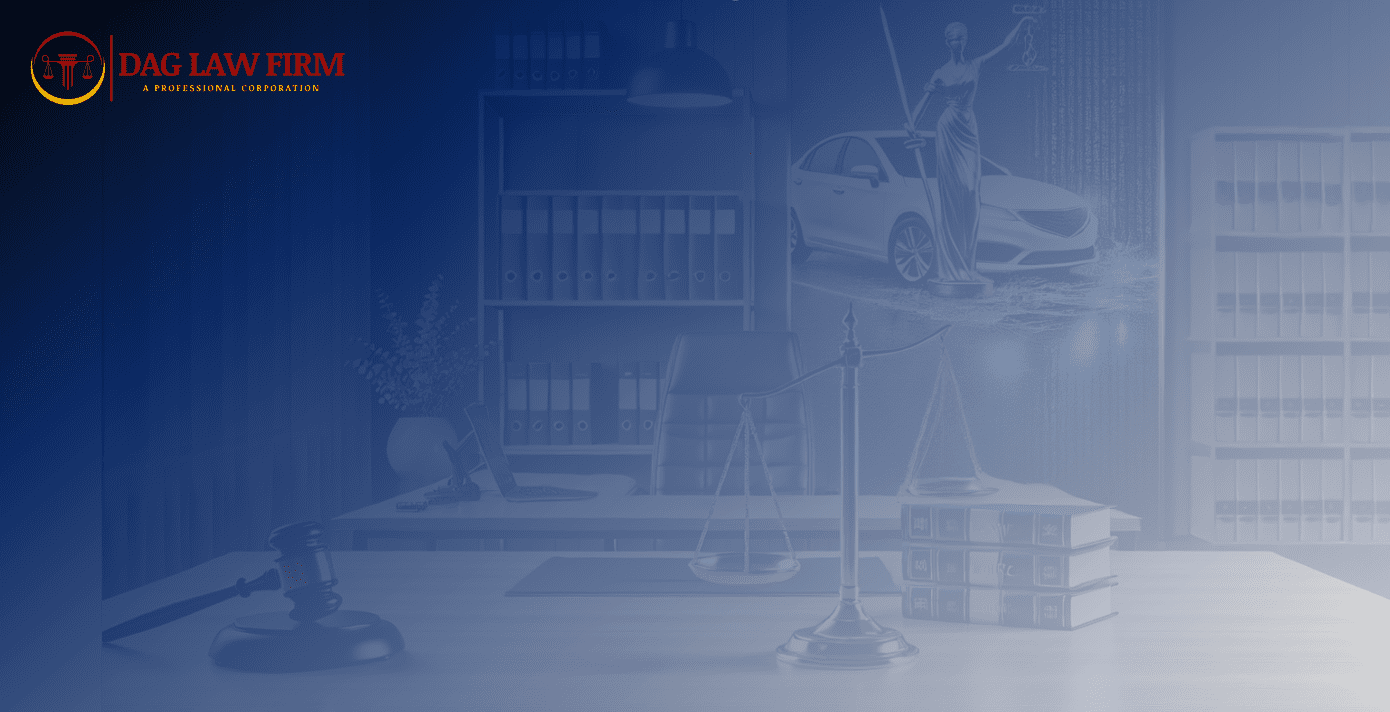DAG Law Firm: Understanding Negligence in Personal Injury Cases
In the wake of a personal injury or accident, the complexity of navigating legal processes and seeking financial compensation can seem daunting. At DAG Law Firm, we bring extensive expertise to handling personal injury and accident claims, offering unparalleled guidance, counseling, and securing financial compensation for our clients. With a deep recognizing of the complexities involved, we provide personalized support every step of the way, ensuring you fully comprehend each aspect of the legal process. Whether you seek advice or action, count on us to represent your interests and address your distinct needs with unwavering dedication and diligence.
What is Negligence and Can it Be Waived?
Recognizing negligence is crucial in personal injury cases. It refers to the failure to take proper care or fulfill a duty, leading to harm or injury to another party. In the legal context, proving negligence is essential in seeking compensation for a personal injury. However, can negligence be waived or excused under certain circumstances? Let’s delve into the nuances of negligence and explore scenarios where it may or may not be waived.
Negligence and Its Elements
To establish negligence, four key elements must be present:
Duty of Care: The defendant owed a duty of care to the plaintiff.
Breach of Duty: The defendant breached this duty through action or inaction.
Causation: The breach of duty directly caused harm or injury to the plaintiff.
Damages: The plaintiff suffered actual harm or injury as a result.
When Negligence Can Be Waived
There are instances where negligence may be waived or excused. Some common scenarios include:
Assumption of Risk: If the plaintiff voluntarily assumes the risk of potential harm, the defendant’s negligence may be excused.
Contributory Negligence: In some states, if the plaintiff’s own negligence contributed to the injury, the defendant may be excused from liability.
Statute of Limitations: Failure to bring a legal claim within the statute of limitations period may result in the waiver of negligence.
When Negligence Cannot Be Waived
On the other hand, there are situations where negligence cannot be waived, such as:
Gross Negligence: If the defendant’s actions demonstrate a reckless disregard for the safety of others, negligence cannot be waived.
Intentional Misconduct: Intentional harm or misconduct by the defendant cannot excuse negligence.
Public Policy: Certain violations of public policy and safety regulations cannot be waived.
Seeking Legal Counsel for Personal Injury Cases in Redondo Beach, Los Angeles, California
Navigating the complexities of negligence and personal injury claims requires expert legal guidance. Whether you’re in Redondo Beach or elsewhere in Los Angeles County, our team at DAG Law Firm is dedicated to representing your interests and addressing your distinct needs with unparalleled dedication and diligence.
If you’ve been injured due to someone else’s negligence, it’s crucial to seek legal counsel to understand your rights and pursue the compensation you deserve. Schedule an appointment with DAG Law Firm today and take the first step toward securing the financial compensation you are entitled to.



